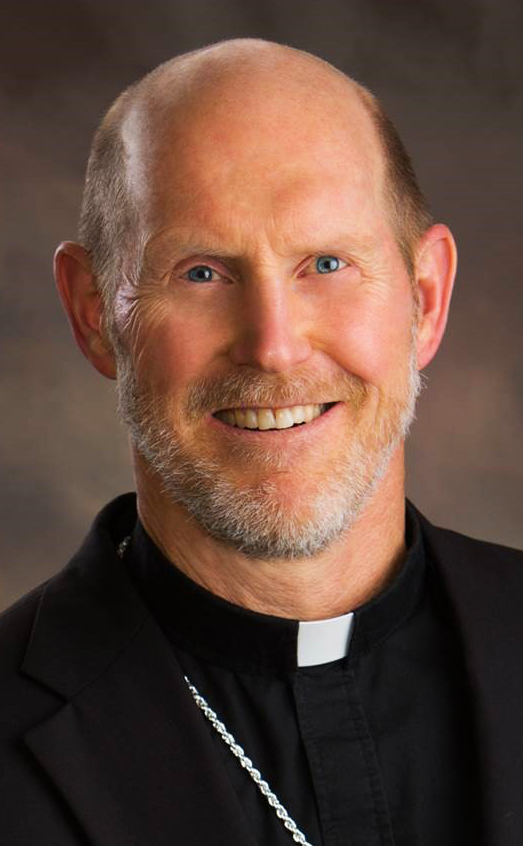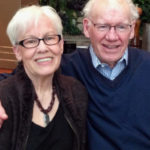By Bishop Thomas Zinkula
Neither pastors nor parishioners feel good about a reduction of Masses. Pastors have to deal with complaints and some parishioners lose a “Mass of convenience.” People generally blame the reduction of Masses on a shortage of priests. That certainly is part of the reason, often the precipitating cause, but there is much more to it than that.

Before considering other reasons for reducing the number of Masses, you might be surprised to know that canon law permits a priest to celebrate the Eucharist only once a day. One of the purposes of this rule is to ensure that priests do not celebrate Mass in a rushed or routine manner due to the pressure of multiple Masses.
Celebrating the Mass reverently and well takes a great deal of focus and energy. The bishop may allow priests to celebrate twice a day only if there is a just cause, and three times on Sundays if pastoral necessity requires it.
Even if priests could celebrate as many Masses as they wanted on Sundays, it would not be wise or prudent to do so. I suppose the number of Masses would not matter if the primary motive for attending Mass were “obligation.” In that case, a wooden, mechanical “simply going through the motions” would make sense. Thankfully, however, the Second Vatican Council encourages “full, conscious and active participation” in the Mass.
Still, the ideal number of Sunday Masses in a particular parish is one. If that were the case, the entire parish community would be gathered together with their pastor as they celebrated the “source and summit of the Christian life.” Because churches are too small and people’s schedules these days are too varied, this ideal is rarely observed.
Even so, we should cut back on Masses of convenience as much as possible. The experience of celebrating Mass in a one-tenth, one-third or one-half-full church is very different from celebrating in a full house, especially when everyone is fully and actively engaged. In these situations, the joy and energy of the Spirit is palpable and contagious because the Church gathered in that church is alive and on fire. A full church with a fully engaged assembly is incredibly uplifting and evangelistic — who wouldn’t want to be a part of that?!
There are practical concerns as well. In smaller parishes it is difficult to find liturgical ministers for multiple liturgies, especially musicians. So, if we want to celebrate the Mass worthily and well, we would not spread liturgical ministers too thin.
It is true that due to work schedules, the loss of a particular Mass may make it very difficult for some parishioners to attend Mass on a weekend. This dilemma is especially common in the more rural parts of our diocese, where there are fewer churches and those are spread farther apart. That is why no decision to make a change to Mass schedules is ever taken lightly.
I would note that, at the same time, a change in the Mass schedule can be an opportunity to experience Church at a broader level. I suggest that if someone “loses” their Mass and cannot, even with a bit of sacrifice, attend another Mass in their parish (or another one is not offered), they consider attending Mass at a neighboring parish. That would help clustered parishes, or even those that are near to each other, to come together. Such cooperation could strengthen and enrich both communities. This would be an example of “where two or three [parishes] are gathered together in my name, there am I in the midst of them.” Think of your own parish church as your home and the other church(es) in the cluster (or otherwise nearby) as your second home(s) or vacation home(s).
For others, however, not having multiple Masses from which to choose (losing “my Mass”) is simply an inconvenience. I gently and lovingly suggest that such folks compare this relatively minor sacrifice to the sacrifice Jesus made for us, which is the central focus of the Mass. What a witness to children and others. “Even though attending Mass at a different time than that to which we have become accustomed is inconvenient for us, it is very important to gather with our fellow parishioners to worship God together on the Lord’s Day.”











